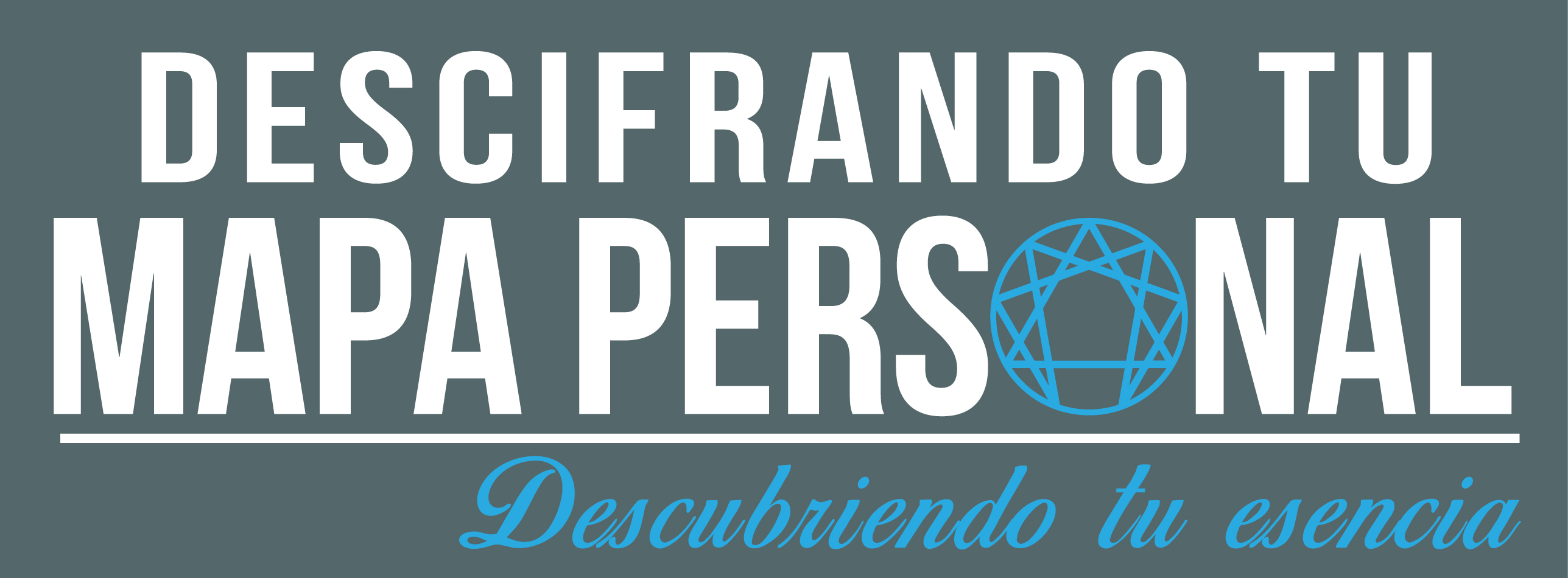Verification in Legal Document
Vancouver Legal Aid Society Bc
diciembre 4, 2022Victorian Legal Aid Board
diciembre 4, 2022Verification in Legal Document
92,525 Document review; Perjury by false written statement, punishment.—The undersigned, who is first duly sworn, declares that he has read the above document and that he knows its contents and that all statements contained therein are true and correct to the best of his knowledge and belief. FIDUCIARY RESPONSIBILITY: A fiduciary may not be able to exempt himself or herself from liability if he or she relies on a professional, whether or not the document in question was signed on the basis of “knowledge and belief”. See Harrell v. Badger, 171 So.3d 764 (Fla. 5th DCA 2015) (the use of a lawyer does not relieve a trustee of liability, as his misconduct is due to non-compliance with clear and unambiguous legal requirements); Laramore et al. v. Laramore et al., 64 So. 2d 662 (Fla. 1953) (A trustee may not delegate or delegate all the functions and functions of the trust to the lawyer or tolerate the full administration and control of the trust by the lawyer without being liable for losses incurred as a result.) In Gurdschinsky v. Hartill, 815 P.2d 851 (Alaska 1991), the personal representative for penalties and estate interest was charged with late filing of the inheritance tax return. On appeal, the personal representative defended herself by arguing that she had reasonably relied on the advice of her accountant, who had informed her that the tax returns had been filed on time. The Alaska Supreme Court upheld the sentencing verdict against PR, arguing in part: “Gudschinsky makes several arguments to avoid this sentence in whole or in part. First, she reasonably relied on the advice of her accountant, who informed her that the tax returns had been filed in a timely manner.
We found no cases that exonerate a personal representative of liability for failing to take steps to ensure that the estate`s tax return was filed on time. In Gudschinsky`s case, she apparently left all tax matters to the accountant. Gudschinsky cites no evidence in the records that she tried to determine when the taxes were due. She simply claims that she interpreted a conversation with her accountant to mean that the estate`s tax returns were filed on time. We note that Gudschinsky`s mere passive acceptance of an interpretation of a conversation with his accountant does not relieve him of any liability for penalties and interest. REVISION, advocacy. If a new issue is raised on one side, the cause of action must end with an examination or avoidance so that the other party has an opportunity to respond. Karth. 337; 1 Lutw. 201; 2 Wils. 66; Dougl. 60; 2 R.
T. 576; 1 Saund, 103, No. 1; Com. Dig. Oral argument, E. 2. The usual examination of a plea that contains facts consists of these words: “And this is what he is prepared to verify” &c. See 1 puppy. Pl. 537, 616; Lawes, Pl. civ.
144; 1 Saund, 103, No. 1; Willes, R. 5; 3 Bl. Com. 309. 3. In one case, however, it is not necessary to conclude the new issue by review, and the litigant may then render judgment without it; For example, if the question presented is simply negative. Willes, R. 5; Lawes on pl. 145.
The reason is obvious, a negative does not require any proof; and it would therefore be scandalous or void for the applicant who raises a negative issue to declare his willingness to prove it. 1. Where permitted or required by law, an administrative authority, or a regulation or court order, the verification may be carried out as follows: IMPUTED/CONSTRUCTIVE KNOWLEDGE: Black`s Law Dictionary (10th ed. 2014) defines “constructive knowledge” as “[k]nowledge, which a person should have with due care or diligence and which is therefore legally attributed to a particular person. will be. “Imputed knowledge” means the knowledge of one person attributed to another person. Knowledge can be attributed from one person to another because of their legal relationship. (2) A written statement means the following statement: “Under penalty of perjury, I declare that I have read the above [document] and that the facts stated therein are true”, followed by the signature of the person making the statement, unless verification of the information or belief is permitted by law, in which case the words “to the best of my knowledge and conviction” may be added. The written declaration shall be printed or typed at the end of or immediately below the document to be checked and above the signature of the person making the declaration. In addition, Fla. Prob.
R. 5.020 (e): “Verification. If verification of a document is required, the document submitted must include an oath, assurance or the following statement: “Under penalty of perjury, I declare that I have read the foregoing and that the facts alleged are true to the best of my knowledge and belief. [emphasis added] The phrase “to the best of our knowledge and belief” is used in affidavits and court documents to indicate that statements made are not knowingly false. Assuming your client signs a document under “Knowledge and Creed,” is they obligated to verify the truthfulness or accuracy of their statements? Is your knowledge and belief of facts and laws attributed to your client? Can a trustee avoid liability by signing under “knowledge and creed”? Where a document submitted in accordance with the provisions of this Part is to be examined, it must be accompanied by the following form of review: n. an affidavit or affidavit attesting that a statement or pleading at the end of a document is true. A typical review reads: “I declare, under penalty of perjury under the laws of the State of California, that I have read the above complaint and know it to be true to my own knowledge, except with respect to the things stated on information and beliefs, and those that I believe to be true.
